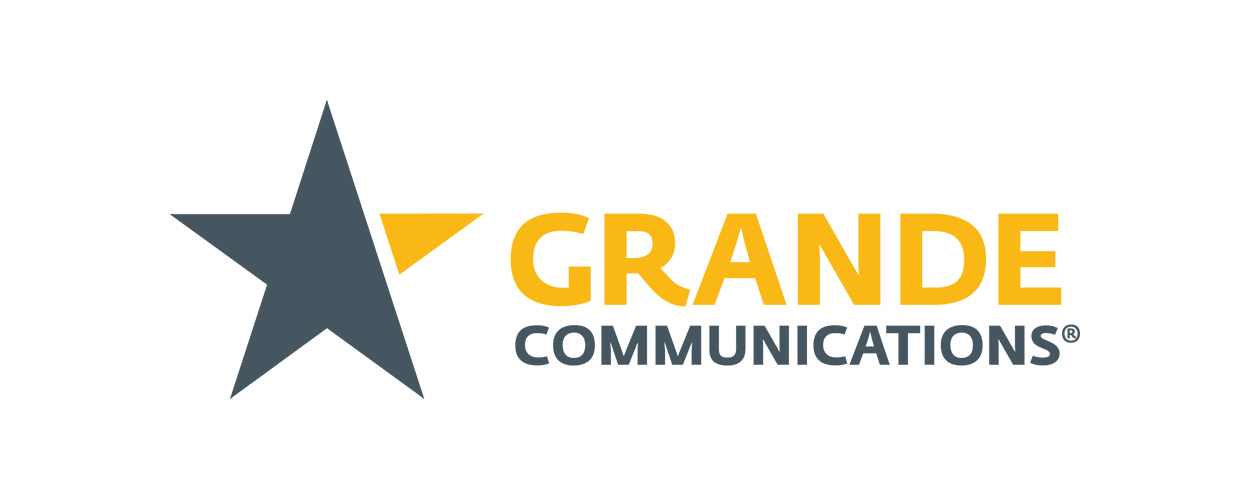This website uses cookies so that we can provide you with the best user experience possible. Cookie information is stored in your browser and performs functions such as recognising you when you return to our website and helping our team to understand which sections of the website you find most interesting and useful.
Business News Digital Labels & Publishers Legal
RIAA seeks summary judgement on safe harbour point in Grande litigation
By Chris Cooke | Published on Monday 20 August 2018

The US record industry is now seeking a summary judgement ruling that American internet service provider Grande Communications is not protected by that pesky copyright safe harbour.
The Recording Industry Association Of America sued Grande over its failure to deal with repeat copyright infringers among its customer base. Internet companies cannot usually be held liable for their customers’ infringement because of the safe harbour. However, to qualify for safe harbour protection, the internet company must operate a takedown system via which copyright owners can have infringing content removed and complain about repeat infringers.
The RIAA argues that Grande did not have sufficient anti-infringement procedures in place to qualify for safe harbour protection under America’s Digital Millennium Copyright Act. And therefore it should be held liable for its users’ infringement.
The trade body’s legal action followed BMG’s case against another American ISP, Cox Communications, which was likewise accused of having shoddy procedures for dealing with infringing customers. BMG’s court win against Cox was overturned on appeal, but on a technicality, with appeals judges pretty much confirming Cox was liable for its customers’ infringement. We now await a retrial of that case, plus the RIAA is suing Cox as well.
Meanwhile the legal battle against Grande continues. The ISP failed to have the case dismissed earlier this year, though the judge did strip out elements of the RIAA’s lawsuit.
As that case goes through the motions, the RIAA recently filed new legal papers requesting partial summary judgment in its favour. Basically it wants court confirmation now that Grande cannot rely on safe harbour protection as a defence in this case.
The filing states that: “Grande’s chief defence to plaintiffs’ case – the DMCA limited safe harbour from secondary copyright infringement liability – fails as a matter of law. The undisputed record evidence is devastating to Grande and confirms that Grande cannot meet its burden of establishing its entitlement to the safe harbour”.
The RIAA then sets out its case for summary judgement, arguing that the ISP’s own representations clearly show that Grande did not have the required policy for dealing with repeat infringers. “Indeed”, the labels argue, “the documents and testimony demonstrate that rather than a policy for terminating repeat infringers, Grande consciously chose the opposite: a policy allowing unlimited infringement by its subscribers”.
It goes on: “Grande’s documents and witnesses confirm that the company has known for years of its subscribers’ infringing conduct and has received well over a million notices of copyright infringement during that time frame. Yet, as Grande’s discovery responses, documents and witnesses all confirm, Grande never terminated a single repeat infringing subscriber from October 2010 until June 2017 – after this lawsuit was filed – and even since then, Grande has terminated a paltry twelve subscribers despite tracking thousands of repeat infringers”.
It remains to be seen how the judge hearing the case responds to the RIAA’s request. But we can definitely expect some interesting rulings on safe harbour in the US in the year ahead which, rights owners hope, will limit the extent of the protection internet firms can rely on.
Of course, the music industry would prefer full-on safe harbour reform in Congress, to replicate what it’s still hoped can be achieved in Europe. But given American judges used to set the bar quite low when it came to the obligations of safe harbour dwellers, these upcoming judgements – alongside some other recent rulings – are a decent start in terms of increasing the responsibilities of tech companies whose customers routinely infringe.





